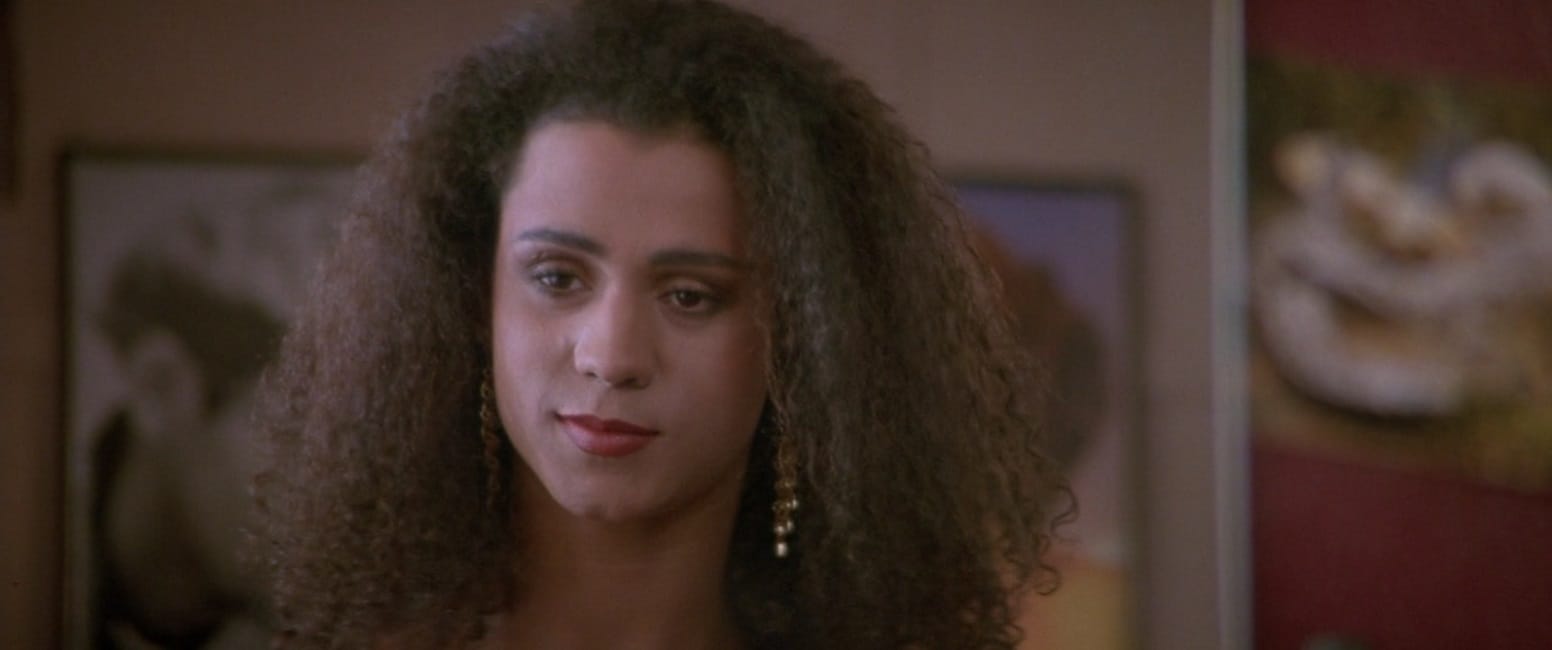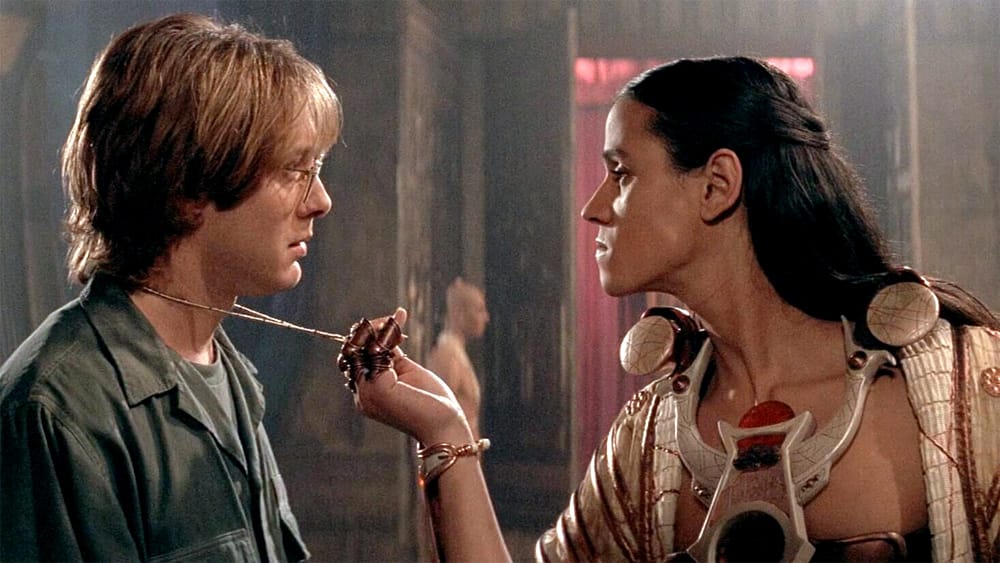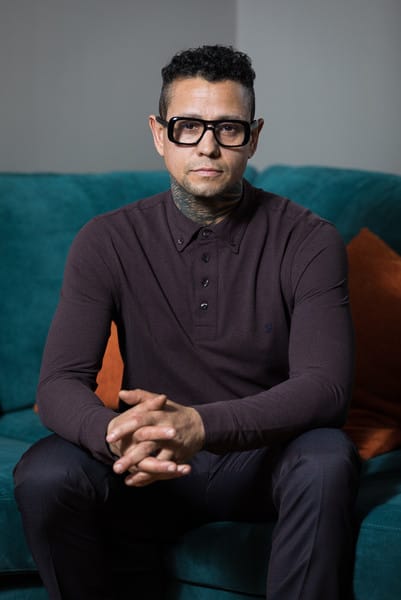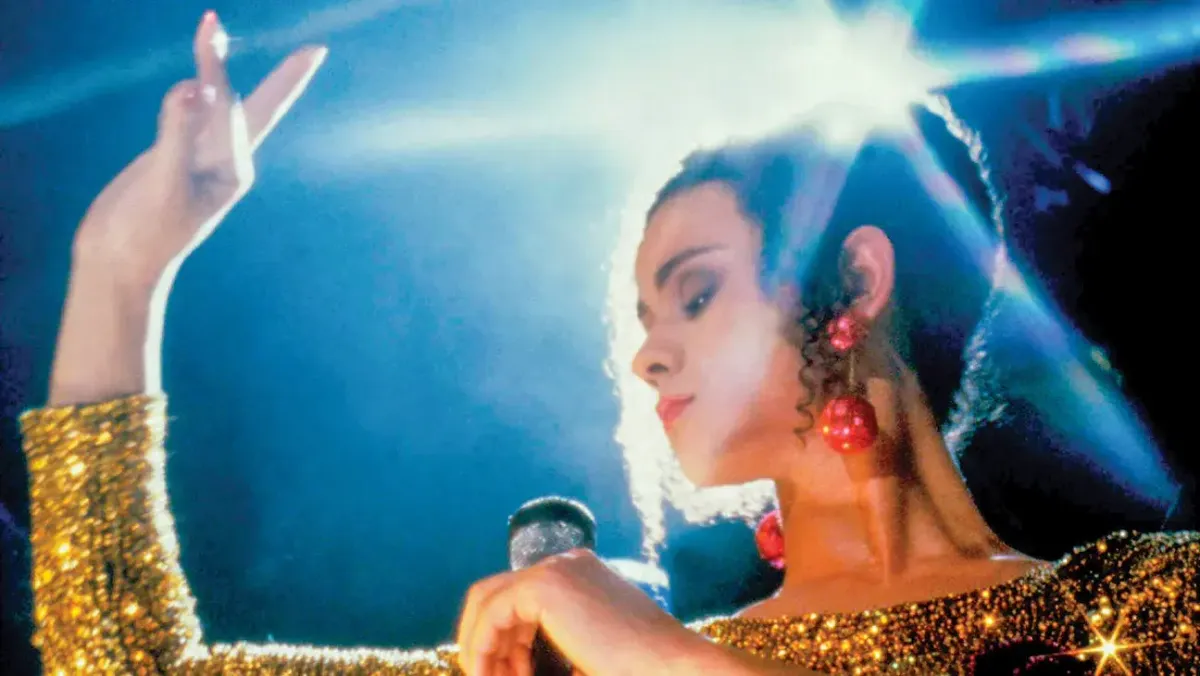Some actors chase fame their entire lives. Others stumble into it accidentally. And then there's Jaye Davidson, who achieved it, hated it, and walked away deliberately.
You remember the twist. The Crying Game dominated 1992 like few films before or since. Water cooler conversations. Late-night talk show jokes. That collective cultural agreement not to spoil the secret.
Davidson's groundbreaking performance earned him an Oscar nomination and launched a thousand think pieces about gender, identity, and cinema. Then he did something almost unthinkable in Hollywood.
He disappeared.
Who Is Jaye Davidson?
Born: Alfred Amey, March 21, 1968
Birthplace: Riverside, California, USA
Raised: Borehamwood, Hertfordshire, England (from age 2½)
Background: Mixed-race British actor (Ghanaian father, English mother)
Early Life: Left school at 16, worked various jobs including wearing a Pluto costume at Disney's London offices
Pre-Fame Career: Fashion assistant to designers David and Elizabeth Emmanuel (who created Princess Diana's wedding dress)
The Accidental Discovery That Shocked the World
Davidson never auditioned for stardom. He was discovered at a wrap party in 1991, "very drunk" according to his own account, working as a fashion assistant to the designers who created Princess Diana's wedding dress.
Director Neil Jordan had been desperately searching for someone to play Dil. Stanley Kubrick warned Jordan about the casting challenge: "You're gonna cast a Black guy as a girl? You'll still be looking in three years' time."
Multiple funding offers fell through. Investors wanted a woman pretending to be a man, not the reverse.
Derek Jarman connected Jordan with Davidson, who was "a star in this small scene" of London's gay club world. The rest became cinema history.
Jordan recalled that Davidson had no interest in acting initially, but his natural ability emerged during filming.

Oscar Glory and Immediate Regret
The Crying Game flopped in the UK but became a massive American phenomenon. $62.5 million domestically. Miramax's highest-grossing film at the time.
Davidson became the first British person of colour nominated for an Academy Award. Best Supporting Actor, 1993.
He hated every minute of it.
Davidson was blunt about his feelings:
"I genuinely hated the fame. I think it's so strange that certain people think they know you because you've been in a film."
The androgynous appearance that made him perfect for Dil also isolated him within the gay community.
The Million-Dollar Mistake
When Stargate came calling, Davidson employed what he thought was foolproof strategy. He demanded $1 million, expecting immediate rejection.
They said yes instantly!

The producers saw his name value from The Crying Game as worth the investment, even if he wasn't their original vision for the role.
The production proved challenging. Davidson struggled with substance abuse issues during filming, requiring giant cue cards to help him remember lines.
Related Article...

Behind the vanishing acts: Explore our full database of archival records and investigative profiles.
The Definitive Exit
After Stargate, Davidson made his choice. No agent. No meetings. No Hollywood.
Davidson was clear about his priorities:
"I would like to make movies if I could do it without being famous."
But since that was impossible, he chose happiness over career advancement. His philosophy remained unwavering:
"The most important thing in my life is to live my life and enjoy it."
Where Is Jaye Davidson Now?
Current Status: Fashion stylist in Paris
Personal Life: Married Thomas Clarke in 2017
Career: Occasional small film roles, primarily fashion work

Davidson returned to fashion immediately after Stargate. Elite photographers. Italian Vogue shoots. Fashion week with Kate Moss and Naomi Campbell.
His appearance has transformed completely. Shaved head. Muscular build. Multiple tattoos. The androgynous figure of the 90s evolved into something entirely different.
Neil Jordan, who maintains contact, describes him as happily transformed:
"A very happy man now... very healthy and very good."
His acting career remained minimal by design. Small roles in Jiggery Pokery (1994), Catwalk (1995), and The Borghilde Project (2009). Brief appearances representing occasional dips into his former profession, not serious returns.
The Legacy of Walking Away
Davidson achieved something almost impossible in Hollywood: complete control over his narrative.
He entered accidentally. Succeeded spectacularly. Departed on his own terms.
His groundbreaking portrayal of Dil was revolutionary for LGBTQ+ representation, presenting a transgender character two decades before significant discourse about trans representation emerged.
The Price of Authenticity
In an industry obsessed with visibility and career longevity, Davidson's deliberate choice represents a different kind of success. One measured in personal fulfilment rather than public recognition.
His brief but impactful career continues influencing discussions about representation, identity, and the cost of fame. More importantly, he proved you could achieve Hollywood success and walk away without regret.
Some chase fame. Others stumble into it. Jaye Davidson found it, understood its true cost, and chose something better.
He chose happiness.



